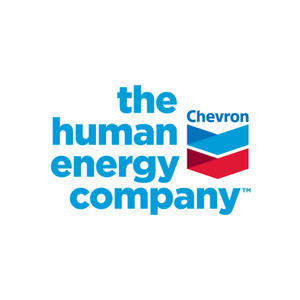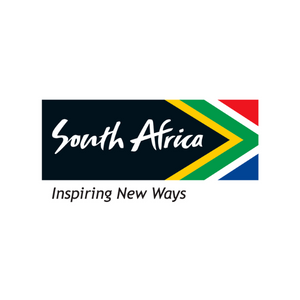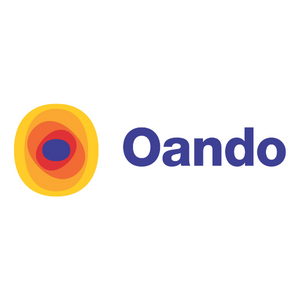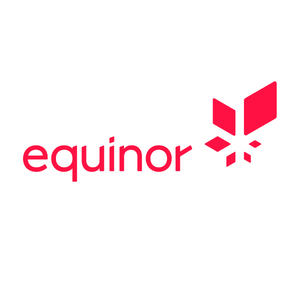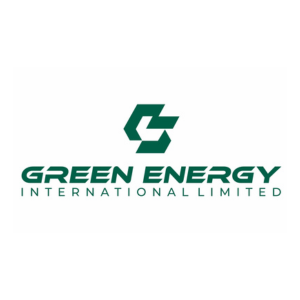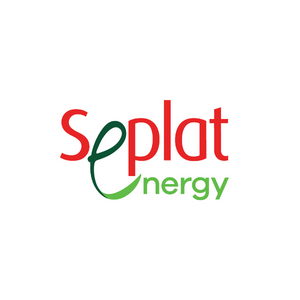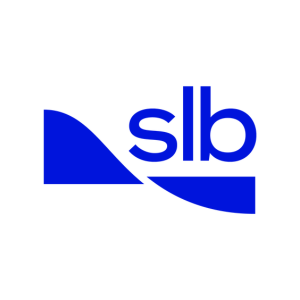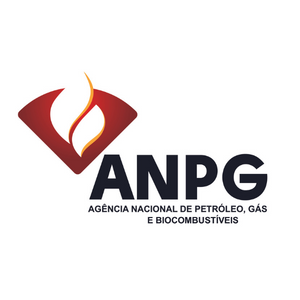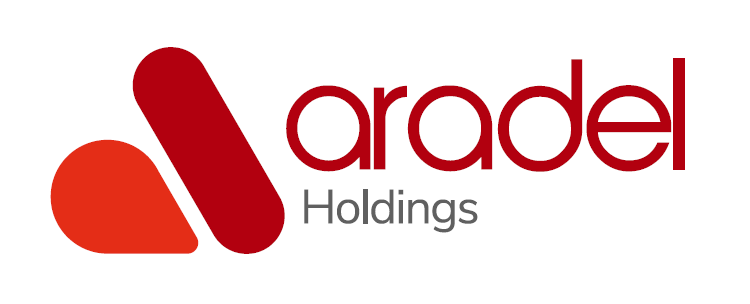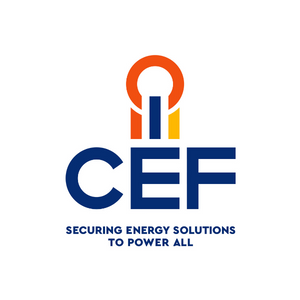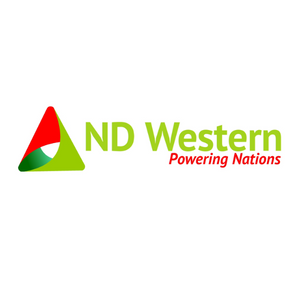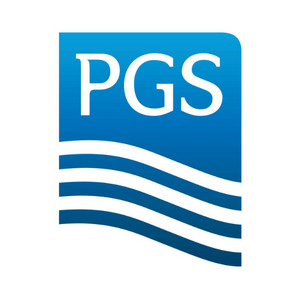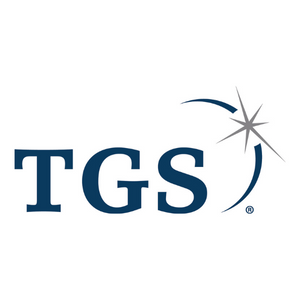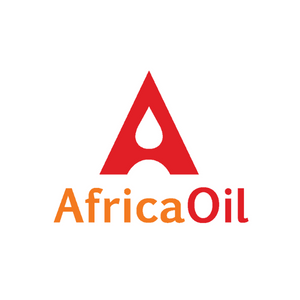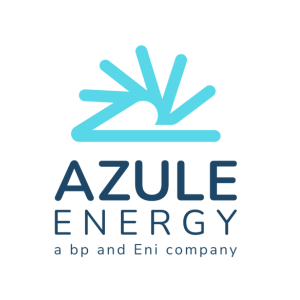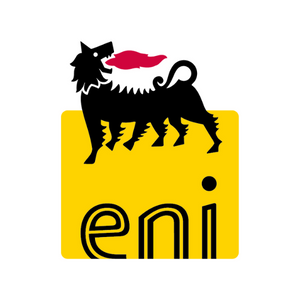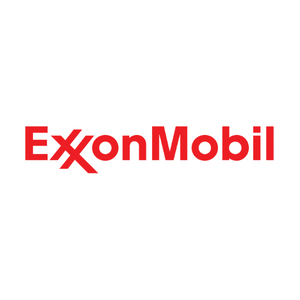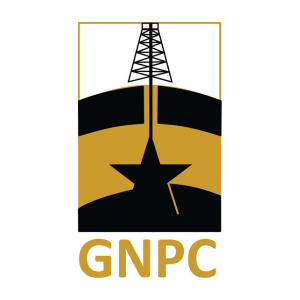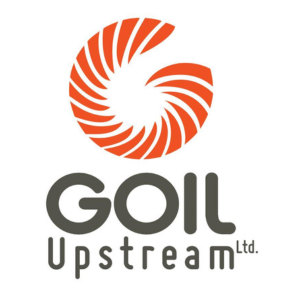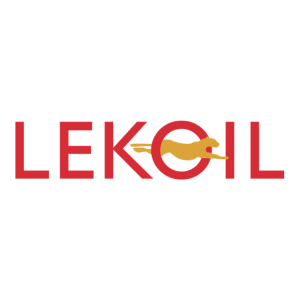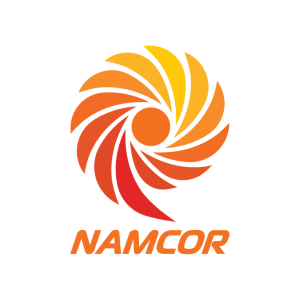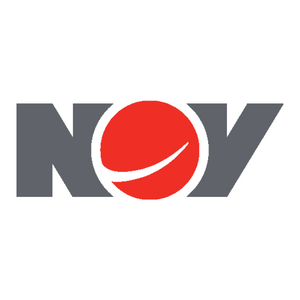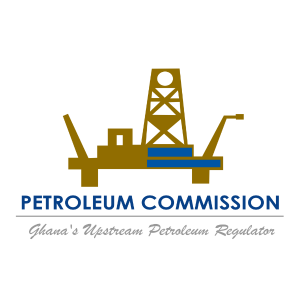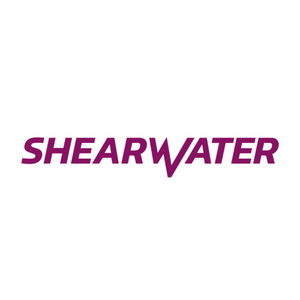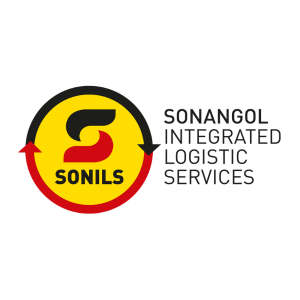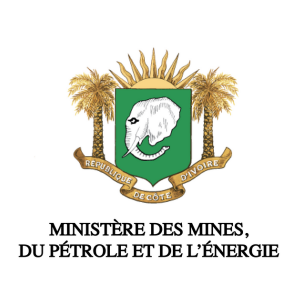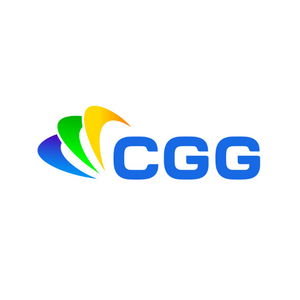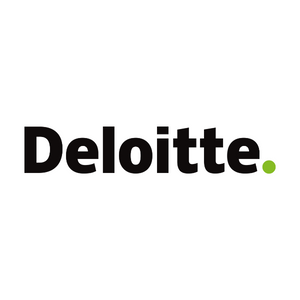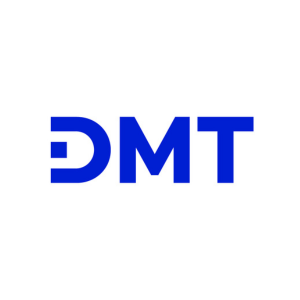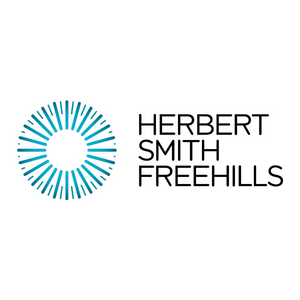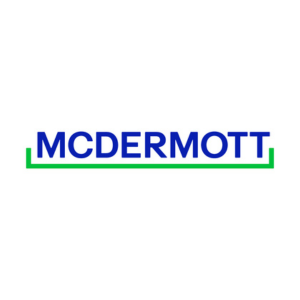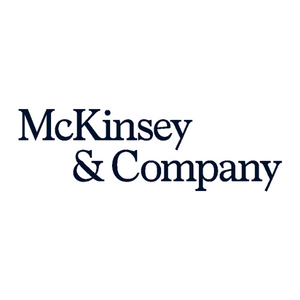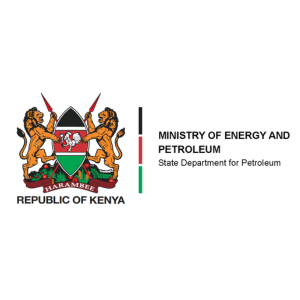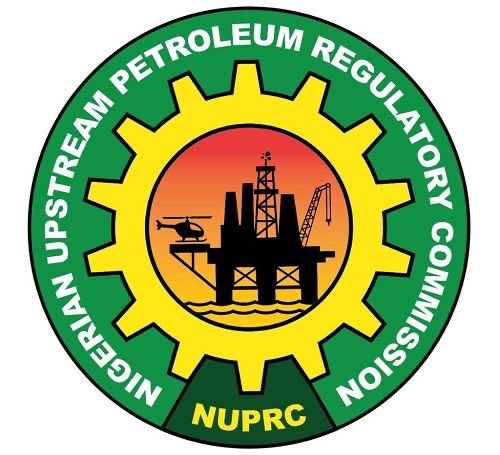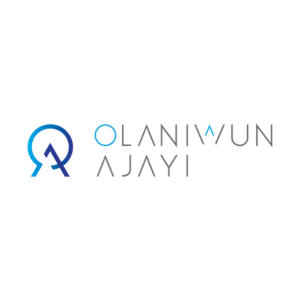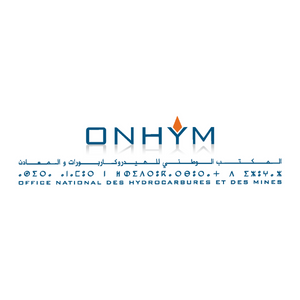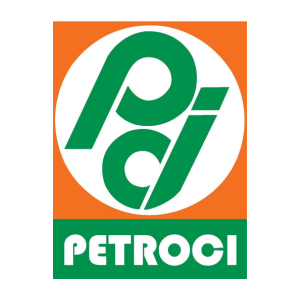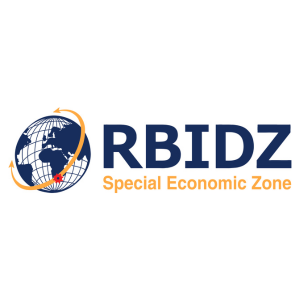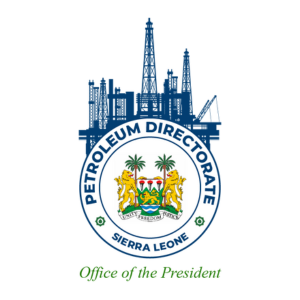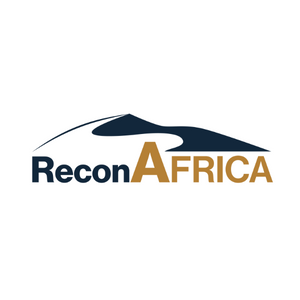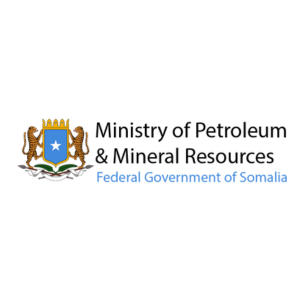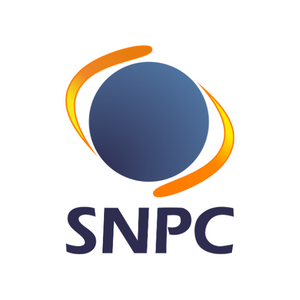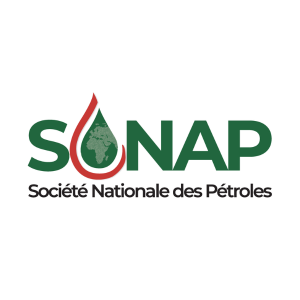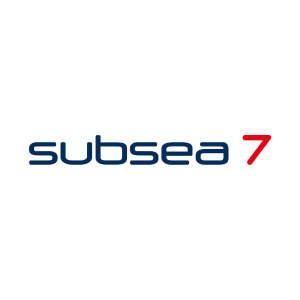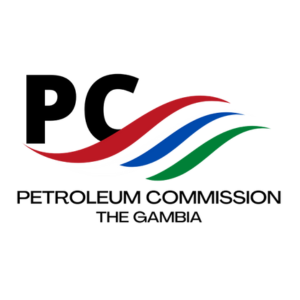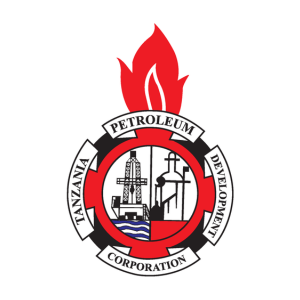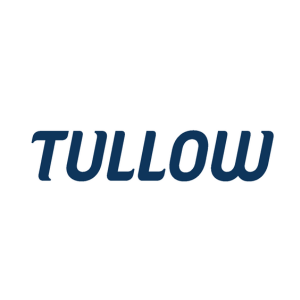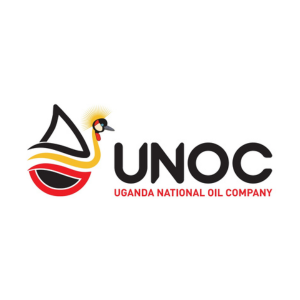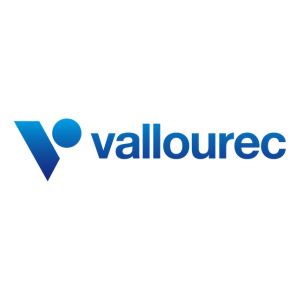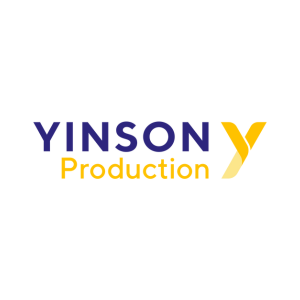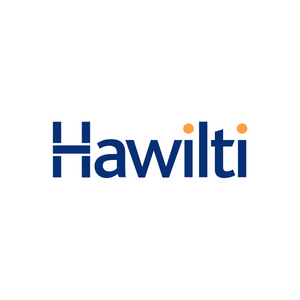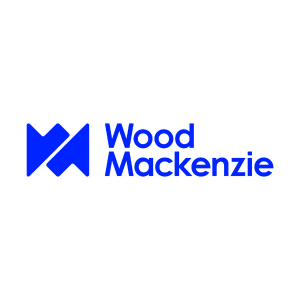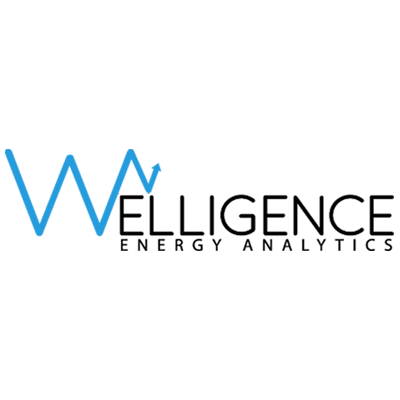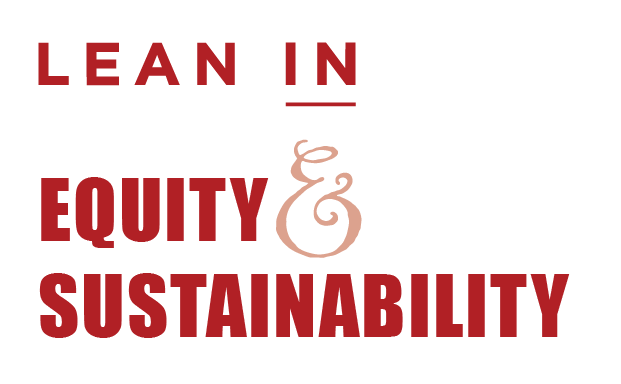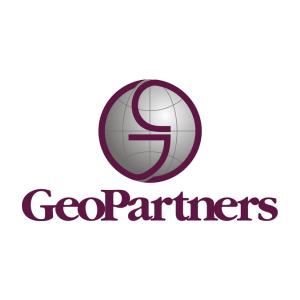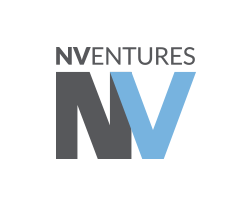Interview with Obehi Ojeaga
Oando's Corporate Communications and CSR Manager of Nigeria tells us about the highs and lows of her career so far.
Could you give us a bit of an introduction to your path into the industry?
I have always found the oil and gas sector fascinating having grown up surrounded by people who worked in the industry. What was more intriguing was the fact that I didn’t have to be an Engineer to work in the sector, I could be an oil and gas communications expert. This realisation informed my first degree in Mass Communications. To further my knowledge of the industry I studied for a Master’s Degree in Corporate Communications and Public Affairs in the Oil Capital of Europe – Aberdeen, Scotland. I kick-started my career in the telecommunications sector and today, I am the Corporate Communications and CSR Manager of Nigeria’s leading E&P Company, Oando PLC.
Did you have a mentor at the start of your career?
Indirectly, yes I did. When I started my career in oil and gas communications over a decade ago, the path to success wasn’t clear cut, the concept of mentorship wasn’t embraced as it is today, and there was a wide gender gap in the sector at the time. So, I researched a few women I admired, with great success stories, and I mirrored my career path and personal development on key learnings or activities these remarkable women had done. It proved to be helpful in the long run.
Considering your own story, do you think senior executives like yourself have a responsibility to mentor new talent in the industry?
My fundamental philosophy is that we owe it to new talents, the organisation and to ourselves to be selfless and share knowledge through mentorship if we ultimately want to move the organization forward. When you share knowledge it’s the only way to remain immortal. Mentorship and knowledge sharing has helped mankind survive and evolve into the intelligent and productive species we are today. By mentoring employees, we are establishing them with the knowledge needed to advance their skillset. We are also learning from them, on how to be better teachers, leaders and how to get the best out of our future co-workers. But this cannot be done in isolation. The organization needs to have a mentorship friendly structure in place.
At Oando, we have a have a platform with a pool of mentors. Employees can sign on to the platform, select their preferred mentor and start the conversation from there with the support of the Human Resources department.
Do you see benefit in women-only awards and/or initiatives within the oil and gas industry?
Irrespective of gender and sector, we ought to give honour to those to who honour is due. However, because women have gone largely unappreciated for centuries, I believe that a women-only award can further spur them on to do greater things.
Women are the largest untapped reservoir of talent in the world and when they work together great things happen. In Oando, just recently, female employees from management to junior staff level worked together to ensure that the organisation approved a lactation room for nursing mothers. In addition, through concerted efforts by senior female executives, the company’s female employee population increased from 21% in 2016 to 38% in 2017.
What has been your proudest moment in your career so far?
There have been a few projects that have been close to my heart, not only because I was able to launch them! They’re important to me because these initiatives have had allowed other women to become better leaders, to grow themselves, or even just to have a space to function.
I’m particularly proud of launching Career Masterclass, Nigeria. In 2017, following a conversation over tea with a dear friend and founder of Career Masterclass UK (an organisation that focuses on enabling career growth for the BAME community, especially amongst women), we decided to start a similar initiative in Nigeria. The decision to launch in Nigeria was in response to the many requests from our growing community of professional women in Nigeria who follow activities in the United Kingdom. I was delighted that we are finally able to serve these discerning Nigerian women as we know that the principles taught at the events are applicable globally wherever you work. The goal is to be the go-to hub for professional women in Nigeria by incorporating the local Nigerian nuances into the tried and tested Career Masterclass approach.
Our first live event was titled ‘Career Sponsors: The new way to FastTrack your career’. It sold out and saw over 100 participants. The feedback has been tremendous, and we look forward to building on our success. Career Masterclass is all about creating a safe space for woman to share their career journeys. Women are able to share practical solutions, which we can apply in our respective careers to achieve tangible results.
That sounds very interesting. We’ll be keeping up with your progress and hope to see you continue growing. Any other initiatives you’re involved in that are particularly proud of right now?
At the moment, a passion of mine is pushing for more “Women-Focused” Plenary Sessions in sector events. I’ve been privileged to work with a lot of event organizers in positioning women at the centre of the core discourse in the energy sector.
It’s all about including men in the discussion. This was something I found at first quite daunting, but it’s important that men also get to hear our voices and for women to see how we can collaborate and work together more efficiently across companies and within the industry.
This is something you’ve achieved at this year’s AOW! What do you hope to get out of your participation in the conference?
I’m excited at the prospects of the great learnings that will come out of the various sessions. I hope to be inspired and get to inspire others through the platforms as we discuss issues that affect women, and to drive positive leadership in the Nigerian oil and gas sector. I also hope to be a source of inspiration to future generations of women looking to get into the sector.
We know it can’t have been all plain sailing for you so far. Could you tell us about a moment in your career that you found really difficult? Did you manage to overcome this difficulty?
The one thing that’s stands out is that the logistics of getting into a male-dominated sector were tough and rising to a position where I commanded respect was even tougher. For a long time, it was an old boys’ network. However, I feel I have managed to keep my head high and face whatever challenge came my way.
Secondly, I have learnt to embrace who I am and my femininity – which is something I struggled with for some time. One piece of advice I give to everyone, is to stand out for what makes you different. I have gotten used to seeing the conference room filled with dark suited people, a contrast to my pink shoes and bold colours. I wear them because they’re me!
Lastly, considering that only 15% of the oil and gas workforce is female, can diversity quotas lead to meaningful change in the industry?
Yes. We need to normalize the concept of women-led departments and women championed causes. Quotas help with this because they make it mandatory for women to be there. However, quotas work best in tandem with positive action and reorientation. The next step would be to ensure that equal value is placed on the work done, and that women and men get to understand, practice, and appreciate different working styles, so that they understand the best way to be effective in this industry, sector, and society.
Could you give us a bit of an introduction to your path into the industry?
I have always found the oil and gas sector fascinating having grown up surrounded by people who worked in the industry. What was more intriguing was the fact that I didn’t have to be an Engineer to work in the sector, I could be an oil and gas communications expert. This realisation informed my first degree in Mass Communications. To further my knowledge of the industry I studied for a Master’s Degree in Corporate Communications and Public Affairs in the Oil Capital of Europe – Aberdeen, Scotland. I kick-started my career in the telecommunications sector and today, I am the Corporate Communications and CSR Manager of Nigeria’s leading E&P Company, Oando PLC.
Did you have a mentor at the start of your career?
Indirectly, yes I did. When I started my career in oil and gas communications over a decade ago, the path to success wasn’t clear cut, the concept of mentorship wasn’t embraced as it is today, and there was a wide gender gap in the sector at the time. So, I researched a few women I admired, with great success stories, and I mirrored my career path and personal development on key learnings or activities these remarkable women had done. It proved to be helpful in the long run.
Considering your own story, do you think senior executives like yourself have a responsibility to mentor new talent in the industry?
My fundamental philosophy is that we owe it to new talents, the organisation and to ourselves to be selfless and share knowledge through mentorship if we ultimately want to move the organization forward. When you share knowledge it’s the only way to remain immortal. Mentorship and knowledge sharing has helped mankind survive and evolve into the intelligent and productive species we are today. By mentoring employees, we are establishing them with the knowledge needed to advance their skillset. We are also learning from them, on how to be better teachers, leaders and how to get the best out of our future co-workers. But this cannot be done in isolation. The organization needs to have a mentorship friendly structure in place.
At Oando, we have a have a platform with a pool of mentors. Employees can sign on to the platform, select their preferred mentor and start the conversation from there with the support of the Human Resources department.
Do you see benefit in women-only awards and/or initiatives within the oil and gas industry?
Irrespective of gender and sector, we ought to give honour to those to who honour is due. However, because women have gone largely unappreciated for centuries, I believe that a women-only award can further spur them on to do greater things.
Women are the largest untapped reservoir of talent in the world and when they work together great things happen. In Oando, just recently, female employees from management to junior staff level worked together to ensure that the organisation approved a lactation room for nursing mothers. In addition, through concerted efforts by senior female executives, the company’s female employee population increased from 21% in 2016 to 38% in 2017.
What has been your proudest moment in your career so far?
There have been a few projects that have been close to my heart, not only because I was able to launch them! They’re important to me because these initiatives have had allowed other women to become better leaders, to grow themselves, or even just to have a space to function.
I’m particularly proud of launching Career Masterclass, Nigeria. In 2017, following a conversation over tea with a dear friend and founder of Career Masterclass UK (an organisation that focuses on enabling career growth for the BAME community, especially amongst women), we decided to start a similar initiative in Nigeria. The decision to launch in Nigeria was in response to the many requests from our growing community of professional women in Nigeria who follow activities in the United Kingdom. I was delighted that we are finally able to serve these discerning Nigerian women as we know that the principles taught at the events are applicable globally wherever you work. The goal is to be the go-to hub for professional women in Nigeria by incorporating the local Nigerian nuances into the tried and tested Career Masterclass approach.
Our first live event was titled ‘Career Sponsors: The new way to FastTrack your career’. It sold out and saw over 100 participants. The feedback has been tremendous, and we look forward to building on our success. Career Masterclass is all about creating a safe space for woman to share their career journeys. Women are able to share practical solutions, which we can apply in our respective careers to achieve tangible results.
That sounds very interesting. We’ll be keeping up with your progress and hope to see you continue growing. Any other initiatives you’re involved in that are particularly proud of right now?
At the moment, a passion of mine is pushing for more “Women-Focused” Plenary Sessions in sector events. I’ve been privileged to work with a lot of event organizers in positioning women at the centre of the core discourse in the energy sector.
It’s all about including men in the discussion. This was something I found at first quite daunting, but it’s important that men also get to hear our voices and for women to see how we can collaborate and work together more efficiently across companies and within the industry.
This is something you’ve achieved at this year’s AOW! What do you hope to get out of your participation in the conference?
I’m excited at the prospects of the great learnings that will come out of the various sessions. I hope to be inspired and get to inspire others through the platforms as we discuss issues that affect women, and to drive positive leadership in the Nigerian oil and gas sector. I also hope to be a source of inspiration to future generations of women looking to get into the sector.
We know it can’t have been all plain sailing for you so far. Could you tell us about a moment in your career that you found really difficult? Did you manage to overcome this difficulty?
The one thing that’s stands out is that the logistics of getting into a male-dominated sector were tough and rising to a position where I commanded respect was even tougher. For a long time, it was an old boys’ network. However, I feel I have managed to keep my head high and face whatever challenge came my way.
Secondly, I have learnt to embrace who I am and my femininity – which is something I struggled with for some time. One piece of advice I give to everyone, is to stand out for what makes you different. I have gotten used to seeing the conference room filled with dark suited people, a contrast to my pink shoes and bold colours. I wear them because they’re me!
Lastly, considering that only 15% of the oil and gas workforce is female, can diversity quotas lead to meaningful change in the industry?
Yes. We need to normalize the concept of women-led departments and women championed causes. Quotas help with this because they make it mandatory for women to be there. However, quotas work best in tandem with positive action and reorientation. The next step would be to ensure that equal value is placed on the work done, and that women and men get to understand, practice, and appreciate different working styles, so that they understand the best way to be effective in this industry, sector, and society.
|
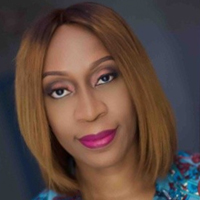 |

